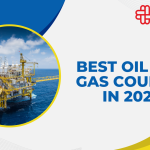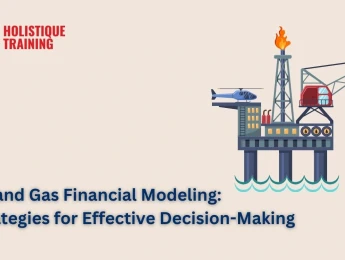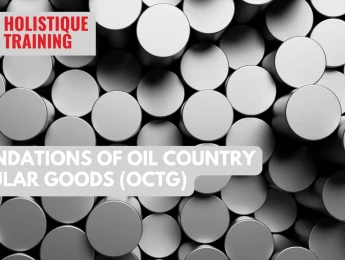This comprehensive course aims to equip participants with in-depth knowledge and practical skills to manage and enhance industrial safety within the oil and gas sector. It focuses on the latest safety practices, risk management techniques, and regulatory compliance to ensure a safe working environment.
Upon completion of this course, participants will be able to:
- Understand and apply advanced safety principles in the oil and gas industry.
- Identify and manage risks associated with oil and gas operations.
- Implement effective safety management systems.
- Ensure compliance with industry regulations and standards.
- Enhance safety culture within their organisation.
This course is designed for:
- Safety managers and officers
- Operations managers
- Engineers and technical staff
- Health and safety professionals
- Regulatory compliance officers
- Anyone involved in safety management in the oil and gas industry
The course uses a mix of interactive lectures, case studies, hands-on exercises, and group discussions. Participants will use practical applications to solidify their understanding and apply concepts to real-world scenarios. Collaborative projects and peer reviews will foster a dynamic learning environment.
Day 5 of each course is reserved for a Q&A session, which may occur off-site. For 10-day courses, this also applies to day 10
Section 1: Introduction to Industrial Safety
- Overview of safety principles
- Importance of safety in the oil and gas industry
- Case studies of past incidents and lessons learned
Section 2: Risk Management
- Risk assessment and analysis
- Hazard identification techniques
- Mitigation strategies and controls
Section 3: Safety Management Systems
- Components of an effective safety management system
- Implementation and maintenance of safety protocols
- Continuous improvement and safety audits
Section 4: Regulatory Compliance
- Overview of key regulations and standards (e.g., OSHA, HSE)
- Ensuring compliance with legal requirements
- Role of regulatory bodies in the oil and gas industry
Section 5: Emergency Response and Crisis Management
- Developing emergency response plans
- Crisis management strategies
- Conducting drills and simulations
Section 6: Enhancing Safety Culture
- Promoting a proactive safety culture
- Leadership’s role in safety management
- Engaging employees in safety initiatives
Upon successful completion of this training course, delegates will be awarded a Holistique Training Certificate of Completion. For those who attend and complete the online training course, a Holistique Training e-Certificate will be provided.
Holistique Training Certificates are accredited by the British Assessment Council (BAC) and The CPD Certification Service (CPD), and are certified under ISO 9001, ISO 21001, and ISO 29993 standards.
CPD credits for this course are granted by our Certificates and will be reflected on the Holistique Training Certificate of Completion. In accordance with the standards of The CPD Certification Service, one CPD credit is awarded per hour of course attendance. A maximum of 50 CPD credits can be claimed for any single course we currently offer.
- Course Code IND01 - 143
- Course Format Classroom, Online,
- Duration 5 days













